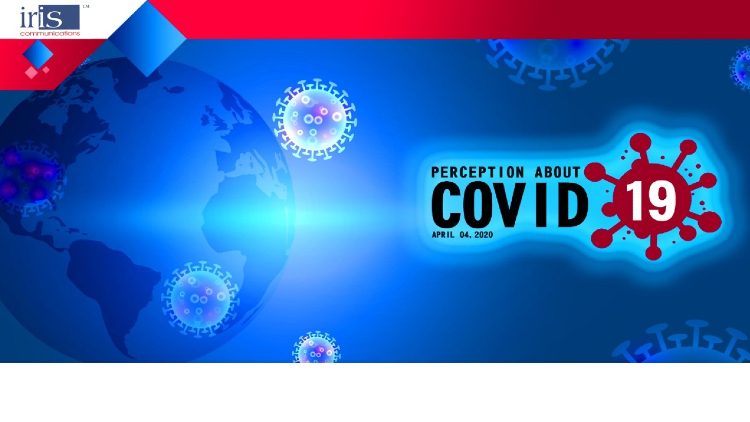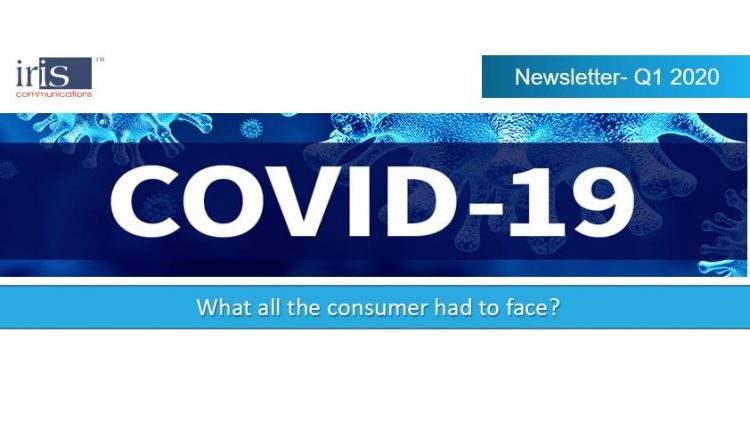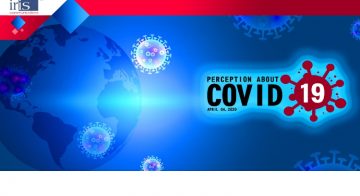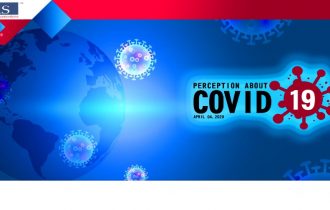GENCEPTION- Empathy Mapping of Pakistani Millennials
A big portion of market research is dedicated to understanding consumer frustrations and pain points, and one can’t help but empathize when coming across such emotions. In essence, empathy maps help place a focus on users, by putting product designers/marketers in their shoes when interacting with a product or a service. Due to the busy schedules that they lead, millennials demand products that provide solutions, and in order to create an effective solution, one needs to understand the true problem and the person who is experiencing it. This map encapsulates the user’s perspective, along with their goals and challenges.
Think & Feel
This quadrant captures the Pakistani Millennial’s thought process, worries and aspirations, and how they feel with regards to their surroundings. The general sentiment that clouds their minds is along the likes of negative, depressing tones. This can be attributed to the increase in competition – be it with regards to education, need to succeed in ‘the race of life’, or the added responsibility that autonomy brings – and the current political and economic conditions. Striving for the best through all of this, they wish to create a better world for the upcoming generations, and leave a mark on the world, the means of which is career success.
Hear
This includes the influencers and the general discussions and opinions that a person hears on the daily. The prime source of information – and the ultimate influencer – is the Internet, where they do not just gather product information prior to buying it but also search for opinions and reviews on it. Being rational decision makers, they want to buy the best product at the lowest and most reasonable price, and hence turn to the Internet for price comparisons.
See
What does the target market see every day? What visual aids do they allow to influence their decisions? Having the entirety of the world and more in the palm of their hands, Pakistan’s youth is more exposed to the world and international trends than it ever has been before. Immersed in the digital world, their eyes are surrounded by content from users all over the world, each containing an opinion similar or differing to their own.
Millennials are quite possibly more depressed than prior generations, making them a market that buys a lot of negativity. Be it in songs or in movies, villains are praised a lot more than the heroes, with many going so far as to idolising the thought processes of the ‘bad guy’. The portrayal and glamorization of immoral and unethical characters has given millenials an inappropriate range of selection of icons, which in turn is displayed in the actions and habits of such personalities that they adopt.
Say & Do
Are there any discrepancies between what a person says and does? What are the resulting actions from their environment and surroundings, and how does a millennial spend a typical day? ‘Reduced face-time’ is an apt phrase for today’s youth, which finds comfort and solace in the digital world rather than choosing to interact in the physical world. Being so opinionated, they are easily able to identify like-minded people on the Internet – those who they have never even met – and form tightly knit communities, with whom they love to socialize. This reduction in physical interaction has also led to a decline in outdoor recreational activities. Their motivation to stay healthy has not deterred despite these events, and they make extra efforts to stay in shape, such as going for a walk, run, or to the gym.
Pains
This quadrant encapsulates the obstacles and hurdles that Millennials face, and highlights their pain points. As depicted earlier, their insecurity – and its resulting pressure – are partly attributed to the current economic conditions of the country. Uncertainty with regards to future political and economic situation of the country leads to current job instability, which comes in the way of them living a relatively stress-free life.
Having grown up in a time of radical breakthroughs in the technological world, Millennials in general feel a little misplaced. The transmission of information from across the borders has changed their mind set and thought process immensely in comparison to their predecessors, but it has not all been for the better as they are left feeling disrupted, with no real sense of direction in life. Sensory overload from their over-stimulating surroundings has them feeling exhausted, with too many routes to drop and follow rather than one realized goal.
Gains
Nothing is world is done without the need to gain something out of it, and this portion encompasses what Millennials are looking to gain from the activities that they pursue. Being a generation that has been pampered to no extent, they grew up expecting instant gratification and appreciation for the little acts that they do. Social media has undoubtedly contributed to – and capitalized on – this need to feel immediate cherishing. In connection to them wanting to leave a mark on the world, they want to be recognized for the efforts that contribute towards their success, be it with regards to a career aspect or a social activist.
GENCEPTION- Empathy Mapping of Pakistani Millennials by iris communications on Scribd


















Really helpful, being a blogge